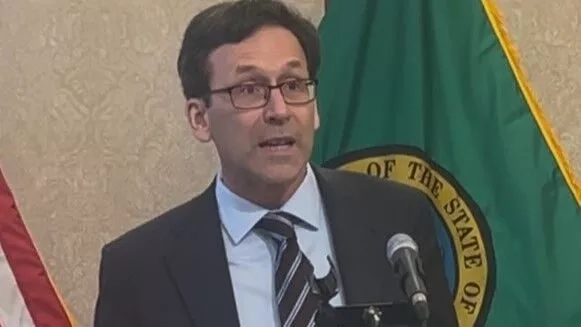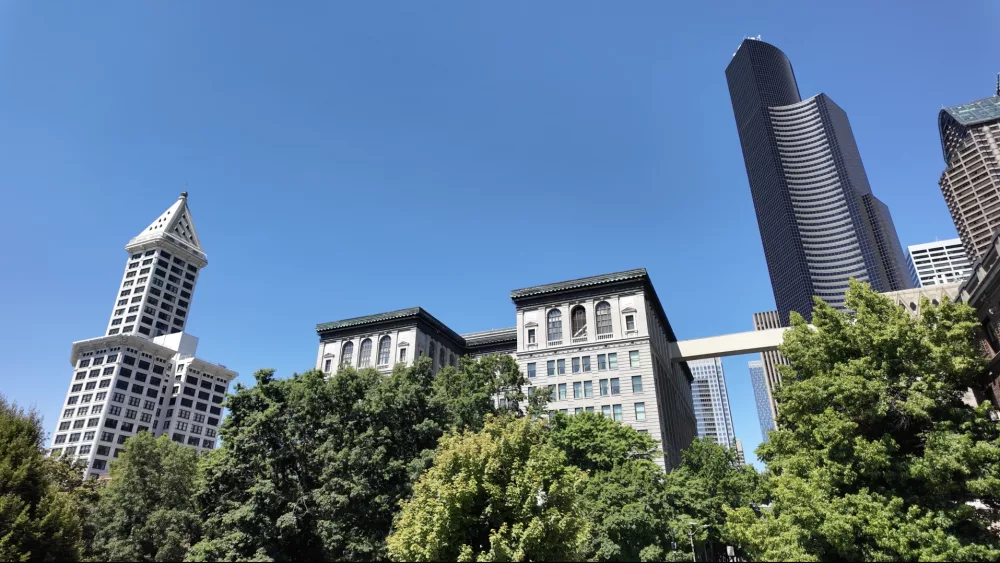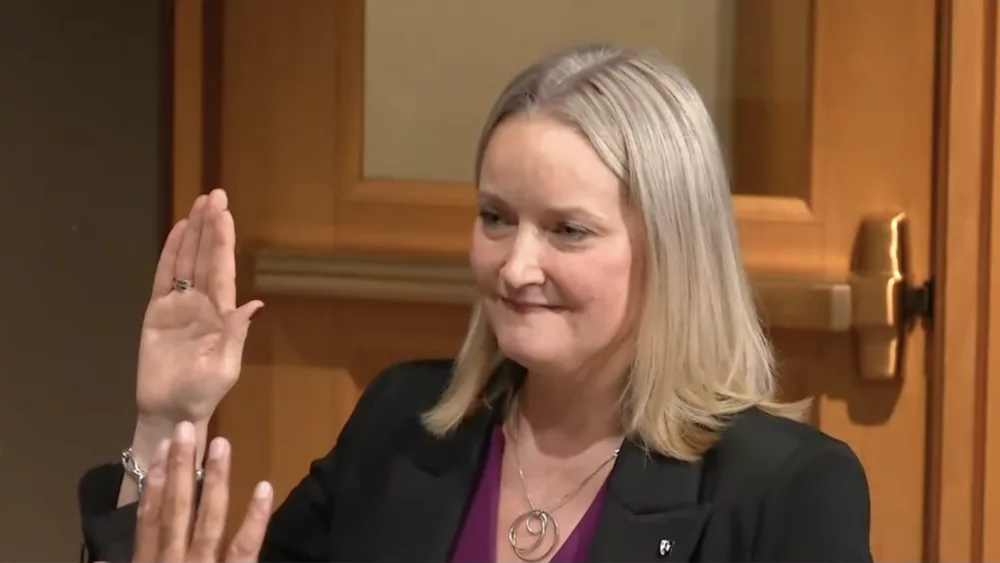(The Center Square) – The state of Idaho has become the latest litigant to join a decades-old lawsuit over the operations of four federal dams on the Lower Snake River in Washington and their effects on wild salmon populations.
Last week, the Biden administration announced an agreement involving the states of Washington and Oregon and four tribal nations that was filed in U.S. District Court in Oregon. The pact proposes a 10-year stay in legal proceedings while a plan is implemented to boost fish numbers and survivability, including the possibility of breaching the dams.
Judge Michael H. Simon has given the involved parties until Dec. 29 to respond to the proposal, and until Jan. 14 for rebuttals before ruling on the matter.
In May 2001, the National Wildlife Federation and Oregon sued the National Marine Fisheries Service, alleging federal officials had failed to take measures to protect endangered salmon migrating along the Columbia and Snake rivers between the Pacific Ocean and spawning habitat in Idaho.
The plaintiffs and defendants are now among more than 70 parties and 100 attorneys who have weighed in on the dispute during the ensuing years.
Idaho is the latest, filing a Dec. 1 complaint with the court. In it, Idaho Attorney General Raul Labrador alleges that breaching of the Lower Snake River dams is “unavailable as a remedy” because the dams were constructed before salmon in the river system were designated by the federal government as endangered.
“The State of Idaho has direct and substantial interests in the existence of the LSR dams … (which) provide a navigable channel enabling commodities from Idaho to flow from the Port of Lewiston to global markets,” the claim states. Additionally, the document says electricity generated from the dams provides energy for thousands of Idaho residents while reservoirs provide recreational resources and economic benefits to the state and its residents.
Those positions have been voiced by others, including U.S. Reps. Cathy McMorris and Dan Newhouse, two eastern Washington Republicans whose congressional districts include the four dams. Both representatives reiterated their concerns last week following the White House’s announcement of the Columbia Basin Restoration Initiative.
“This final package, which would make our region’s dams effectively defunct, confirms what we’ve all known for years,” said Newhouse. “The Biden administration is catering to the wishes of extreme environmental activists that do not understand both the importance of the dams to our region, and the consequences of their proposed actions.”
“Given that ‘breaching the dams’ is mentioned 68 times total in the package, it is abundantly clear what the goal of this administration is,” said Newhouse, who insists that only Congress has authority to remove the dams.
The initiative was accompanied by a memorandum of understanding between the federal government and the “six sovereigns” – the states of Washington and Oregon and the Nez Perce, Umatilla, Warm Springs and Yakama tribes, along with a coalition of fishing and environmental organizations represented in the lawsuit by EarthJustice.
“Implementation of the agreement will diversify and develop affordable, clean, and reliable energy options for the region,” the White House said in a press release. “Investments under this agreement will help to ensure continued energy reliability and affordability, transportation, recreation, irrigation, and other key services, including in the event that Congress decides to authorize breaching of the four Lower Snake River dams.”
Washington Gov. Jay Inslee and Oregon Gov. Tina Kotek both hailed the initiative. On Monday, U.S. Sen. Patty Murray, D-Wash., issued a statement saying salmon are “absolutely foundational” to region’s economy, culture, environment, and tribes.
But Murray also said, “I recognize there are so many other people – growers and producers, public utilities, river users, ports, and others – who rely on the benefits the river provides; it’s important their voices are heard in these conversations and I will continue to engage with them and work to ensure their perspectives and concerns are taken into account.”





